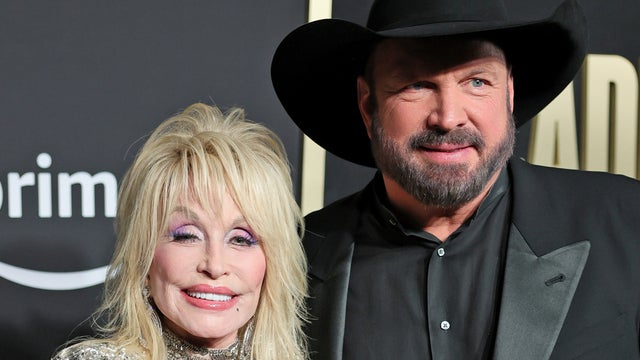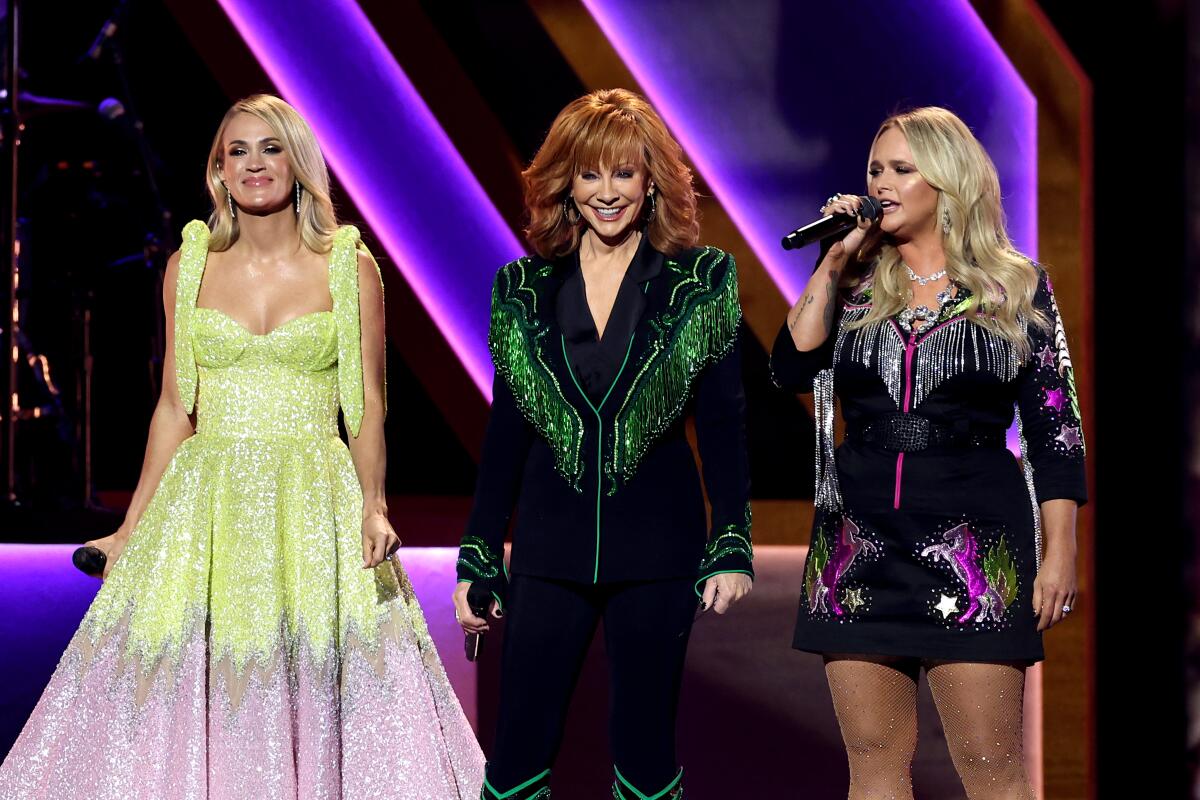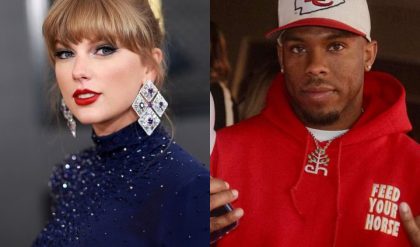Reba McEntire: Drag Queens and the Debate Over Their Presence Around Children
In a recent conversation that has sparked widespread discussion, country music legend Reba McEntire expressed her concerns about the presence of drag queens around children. The topic has become a hot-button issue, with many debating the appropriateness of drag performances in spaces where children are present.

Reba McEntire, known for her candid opinions, shared that she believes drag queens do not belong in the presence of children. Her stance has resonated with many who share her concerns, while also drawing criticism from those who support drag culture and its inclusion in various community events, including those aimed at families.
The debate centers around the idea of what is appropriate for children to witness and be exposed to. McEntire’s comments reflect a broader conversation about parental rights, cultural values, and the boundaries of public performances. Supporters of McEntire’s viewpoint argue that certain performances, including those by drag queens, should be reserved for adult audiences, ensuring that children are not exposed to content that may be deemed inappropriate.

On the other side of the debate, advocates for drag culture emphasize the importance of inclusivity and the positive messages that drag performances can convey, such as self-expression, acceptance, and breaking down gender norms. They argue that children benefit from seeing diverse representations and that drag queens can be positive role models who challenge traditional stereotypes.
As this discussion continues to unfold, it highlights the ongoing cultural divide over what is deemed acceptable in public spaces, especially when it comes to the upbringing and protection of children. Reba McEntire’s comments have added fuel to this debate, prompting a wider conversation about the role of drag queens in society and their place in family-friendly environments.
Whether one agrees or disagrees with McEntire, her words have undoubtedly brought attention to an issue that is becoming increasingly relevant in today’s social landscape. As with many cultural debates, finding a balance that respects differing viewpoints while protecting the well-being of children remains a complex challenge.





